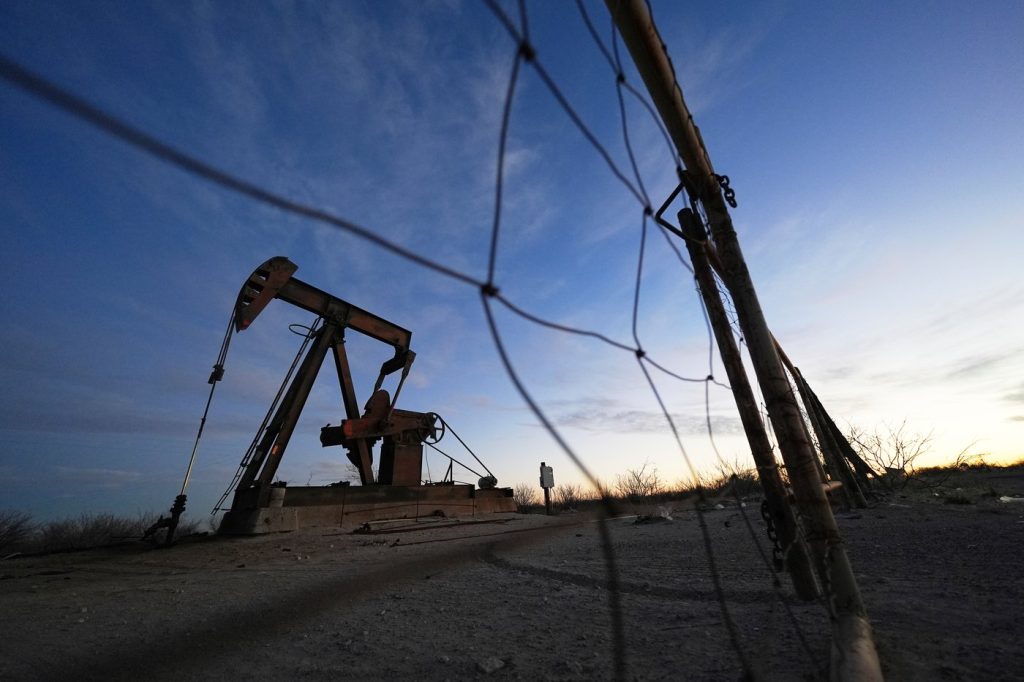BELEM, Brazil (AP) – Global efforts to reduce emissions of methane, a potent greenhouse gas, appear to be lagging behind those aimed at controlling carbon dioxide, but U.N. officials expressed a cautiously optimistic outlook for the next five years. Martina Otto, head of the U.N.’s climate and clean air commission focused on methane pollution, emphasized that methane emissions could serve as a “hand brake” for the acceleration of climate change due to their significant heat-trapping potential.
Methane is approximately 30 times more effective than carbon dioxide at trapping heat in the atmosphere, but its effects are short-lived, lasting roughly a dozen years compared to carbon dioxide, which can persist for hundreds of years. This characteristic means that taking swift action to reduce methane emissions could yield significant benefits in controlling global temperatures.
If countries adhere to their climate commitments, methane emissions could drop by 8% from 2020 levels by 2030. However, this projection pales in comparison to the 30% reduction target established by the 2021 U.N. global methane pledge. Otto remarked, “We’ve gained momentum. We can still make it, but it takes a whole lot of additional effort.” Bill Hare, CEO of Climate Analytics, provided a more sobering outlook, suggesting that methane emissions may remain largely unchanged, either stable or declining by the 8% estimated by the U.N.
In the past six years, both carbon dioxide and methane emissions have increased at a comparable rate of approximately 4%. The urgency of addressing methane emissions is underscored by the fact that about 72% of methane from human activity is generated through fossil fuel combustion. This presents an economic opportunity, as capturing and utilizing the methane that is often flared or vented at drilling sites can be cost-effective for companies, despite the preference for investment in new exploration. However, the return on investment for capturing leaking methane is generally lower than that for exploring new gas sources.
Paul Behrens from Oxford University remarked on the dual nature of the report, which presented “hard truths but also a sliver of hope.” European energy and housing commissioner Dan Jørgensen pointed out that the last five years have witnessed “unparalleled action” towards reducing methane emissions, stating that “persistence and patience are key” to seeing effective results.
The report highlights the need for intensified efforts and sustained commitment to meet ambitious targets in tackling both methane and carbon dioxide emissions. The international community continues to face a significant challenge in reducing greenhouse gases, but with concerted action and innovative strategies, there is potential for meaningful progress in the realm of methane emissions.











